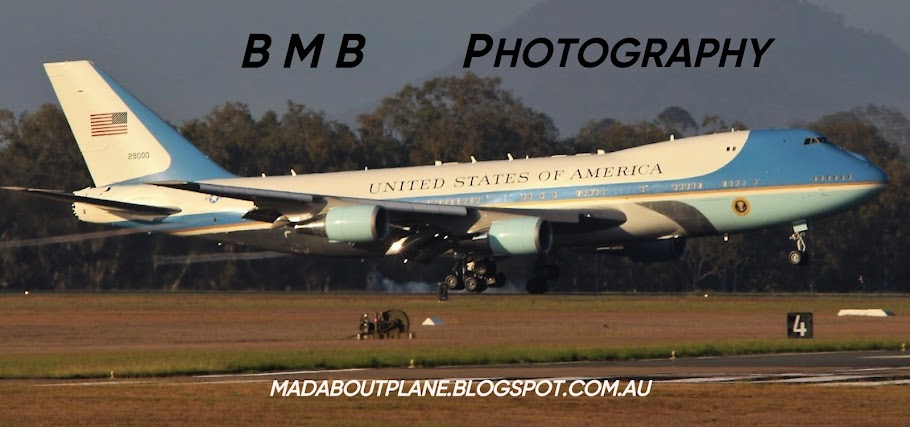As coronavirus spreads, fears about air travel are growing and many are questioning whether they should cancel flights.
Concerns were amplified when a Virgin Australia employee tested positive to COVID-19, but health experts said the risk of catching coronavirus on a plane was low.How easily can coronavirus spread inside a plane?
The World Health Organisation (WHO) said there was "very little risk" of any communicable disease being transmitted on an aircraft. The risk is similar to that which you would face in any other public place. "This is no different from any other situation in which people are close to each other, such as on a train or bus or in a theatre," the WHO said. But transmission of coronavirus can occur between passengers who are seated in the same immediate area of an aircraft. The WHO said this could occur when an infected person coughed, sneezed or had direct contact with another person. That's why health authorities advised passengers seated within two rows of a confirmed case of coronavirus to self-isolate and seek medical attention if symptoms presented.So, recirculated air doesn't matter?
Coronavirus is not believed to spread through the air — transmission typically takes place when droplets from an infected person enter another person's mouth or nose, including through a cough, sneeze or kiss. The virus can also spread when people touch an infected surface and then touch their mouth, eyes or nose — as coronavirus can live on surfaces for up to nine days. Even so, all modern commercial aircraft are fitted with hospital-grade air filters that take 99 per cent of particles out of the air, including bacteria and viruses, Qantas Group medical officer Dr Russell Brown said. These are the same filters used in many medical operating theatres.
Do I need to wear a mask?
The WHO says you do not need to wear a mask if you are healthy.You should, however, wear one if you are taking care of a person with suspected COVID-19 or if you are coughing and sneezing. Virgin Australia made the decision to distribute face masks to any passenger who presents with flu-like symptoms and, where possible, move them away from other passengers.
How clean are planes?
Qantas's head of Australian regional operations and airport services Darsh Chapman said teams were "stepping up" their routine cleaning of seats, galleys and toilets on board aircraft. Disinfectant is being used to clean surfaces and fixtures in the cabin, including tray tables and armrests. Virgin Australia said "stringent" cleaning processes were in place and tray tables, entertainment screens, armrests, window shades and reading materials in seatbacks will be disinfected regularly. A heavy-duty antibacterial cleaning product is also being used each night on all Virgin aircraft which provides antimicrobial protection for 24 hours.How do I know if I have coronavirus?
The most common symptoms of coronavirus are fever, sore throat, dry cough and fatigue. Other symptoms can also include headaches, nasal congestion or a runny nose. Diarrhea and nausea have also been reported as symptoms but they are by far less common.How can I reduce my risk of getting coronavirus?
Maintaining good hygiene and avoiding facial touching are the best precautions to take if you plan to fly. The WHO recommends delaying any travel if you are unwell, particularly if you have a fever.The bulk of this story was sourced from here
https://www.abc.net.au/news/2020-03-14/coronavirus-do-planes-increase-my-risk-of-being-infected/12052442

No comments:
Post a Comment